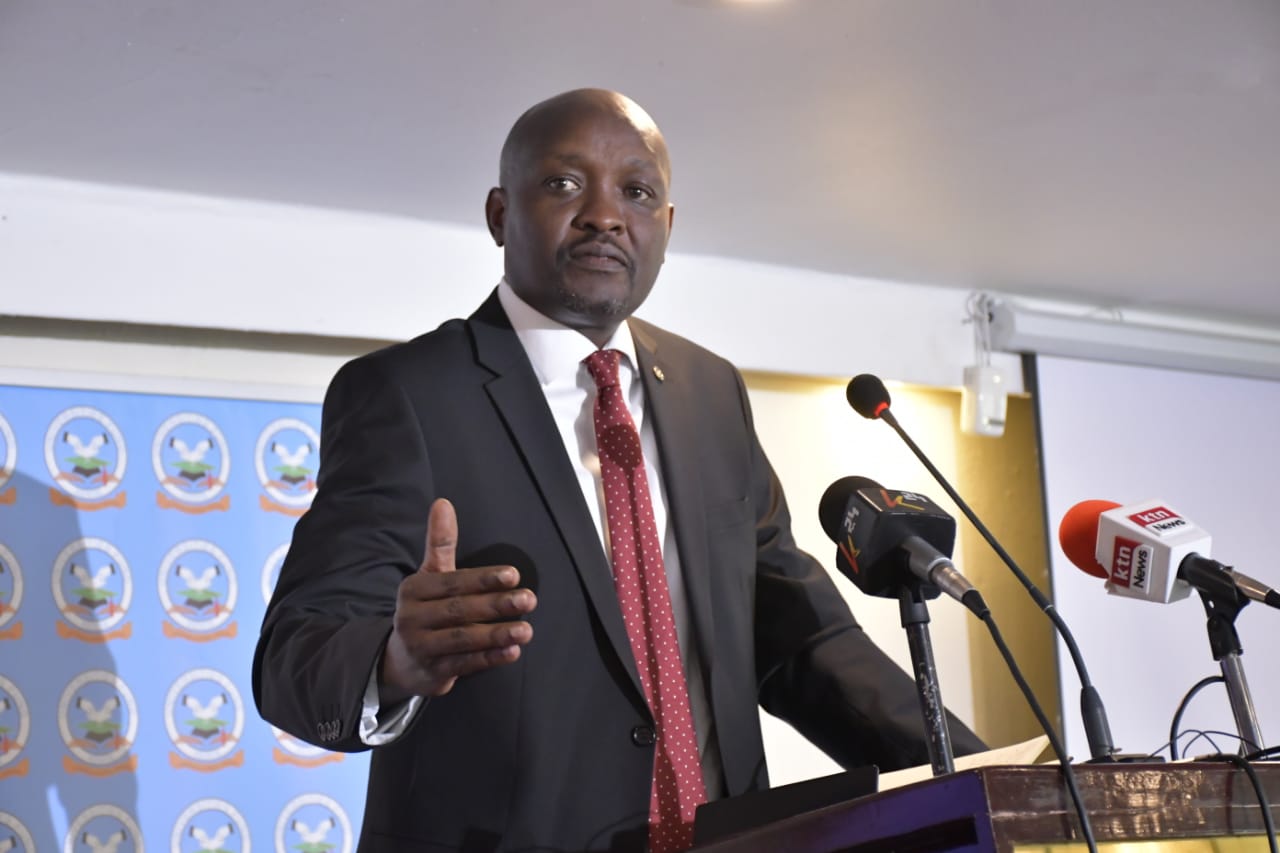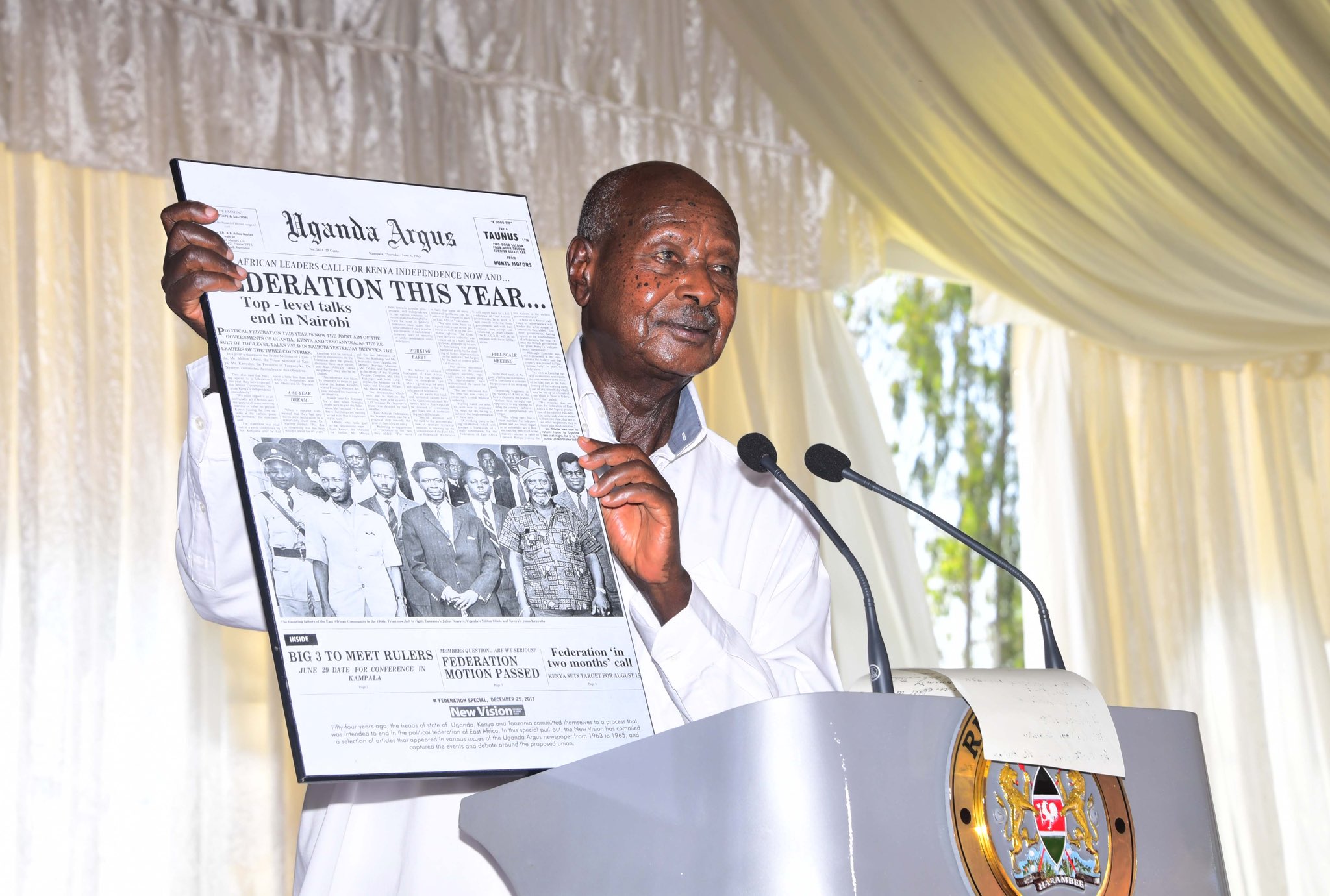Providing free university education in Kenya would require nearly Ksh 900 billion annually, a figure that University Fund (UF) CEO Geoffrey Monari and KUCCPS CEO Agnes Mercy Wahome told MPs was unattainable during a meeting with the National Assembly’s Public Investment Committee on Governance and Education.
Monari explained that despite conducting various funding simulations, it remains clear that free university education is currently unattainable. Instead, UF advocates for equitable funding distribution among students. Monari highlighted that the financial requirement for free university education remains substantial, reinforcing the need for sustainable, fair allocations rather than aiming for entirely free education.
The session also addressed concerns raised by Auditor General Nancy Gathungu regarding the placement of government-sponsored students in private universities. Between 2016/2017 and 2022/2023, 115,648 students were admitted to private institutions. MPs questioned whether private universities should continue receiving funding when public universities have the capacity. The lawmakers also cited accountability issues, including Ksh1.2 billion in unsupported grants to private universities and challenges in tracking the progress of funded students.
Embakasi West MP Mark Mwenje emphasized the importance of a tracking system to prevent funding discrepancies, noting that some universities still receive funds for students who have dropped out or passed away. Monari and Wahome acknowledged the gap, explaining that current laws do not require universities to share student data with funding agencies. Wahome suggested an amendment to the Act to address this gap.
Monari added that efforts to establish a digital Higher Education Management Information System were derailed after allocated funds were redirected to the Ministry of ICT, leaving agencies without necessary tools for effective tracking and accountability.





